Normal Math Worksheets Activities With Answers for Ages 6-9
9 filtered results
-
From - To
Welcome to our collection of Normal Math Worksheets and Activities designed for children ages 6-9! Tailored to enhance foundational math skills, these worksheets include engaging exercises covering essential topics such as addition, subtraction, multiplication, and basic fractions. Each activity is crafted to stimulate young minds while fostering a love for learning. Plus, we provide detailed answer keys to help parents and teachers facilitate understanding and support progress. Perfect for classroom use or at-home practice, these worksheets ensure that kids can build confidence in their math abilities. Explore our resources today to make math fun and accessible for your child!
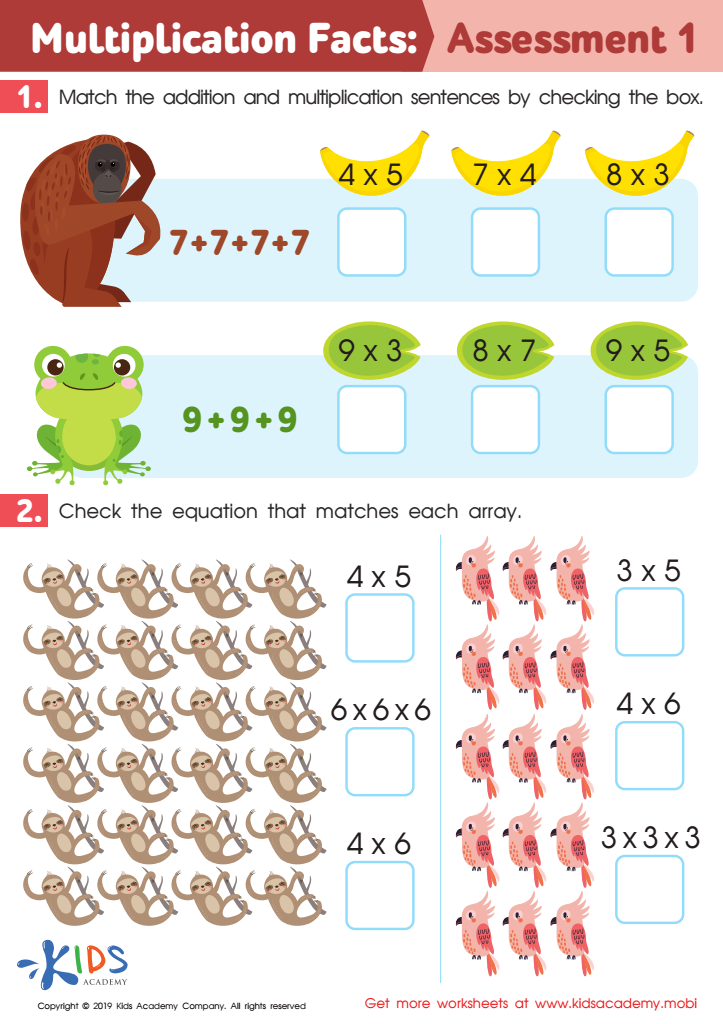

Multiplication Facts: Assessment 1 Worksheet
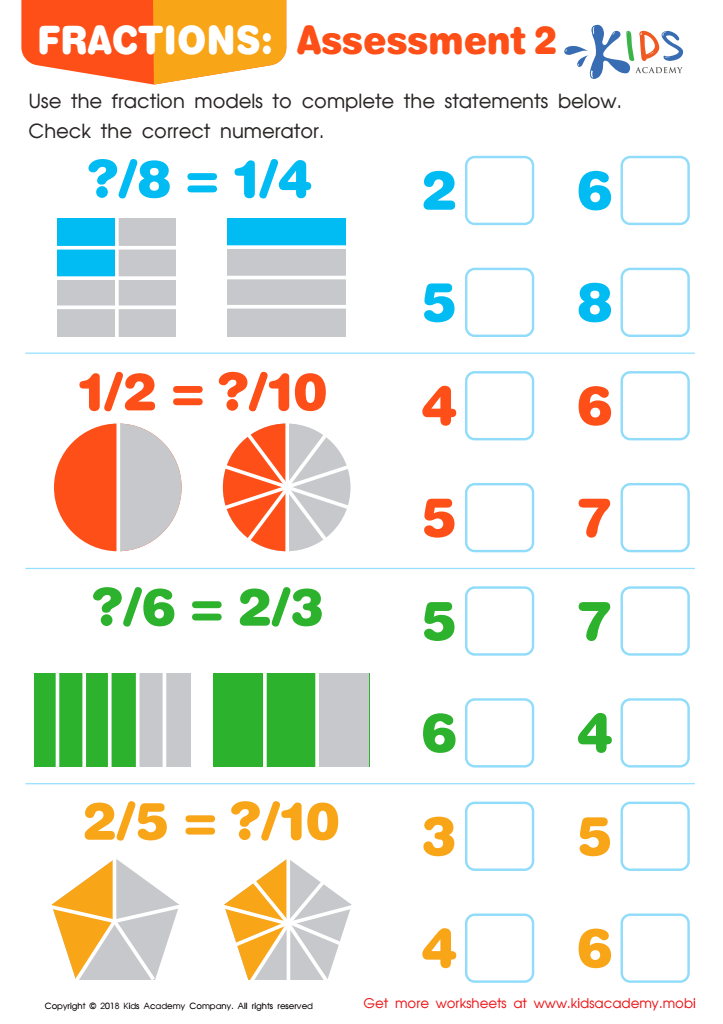

Fractions: Assessment 2 Worksheet
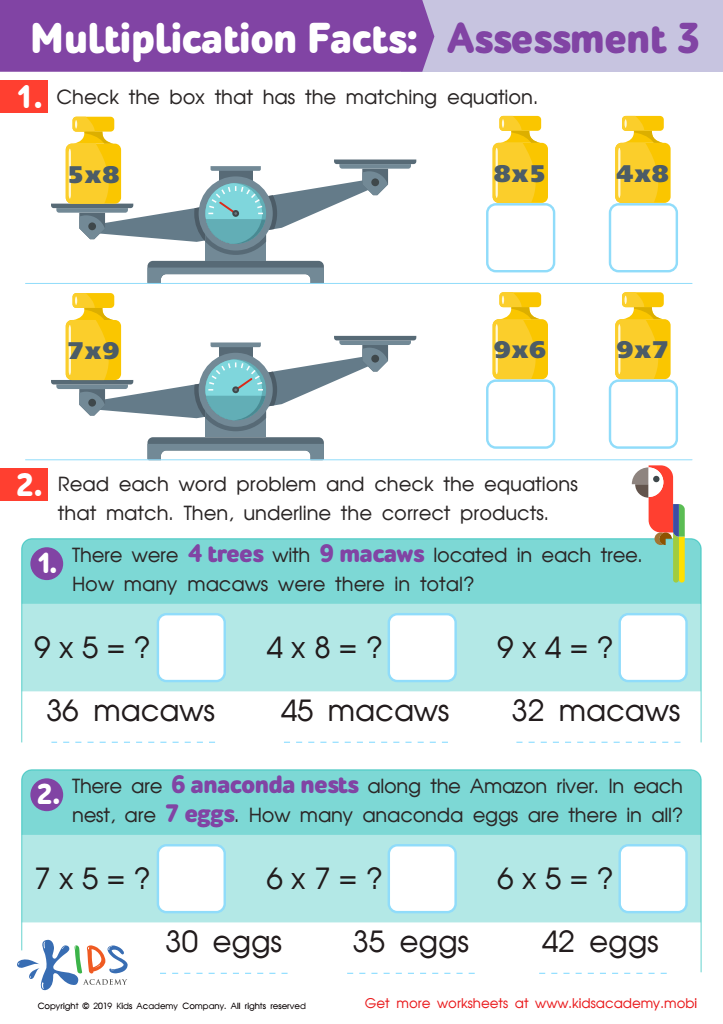

Multiplication Facts: Assessment 3 Worksheet
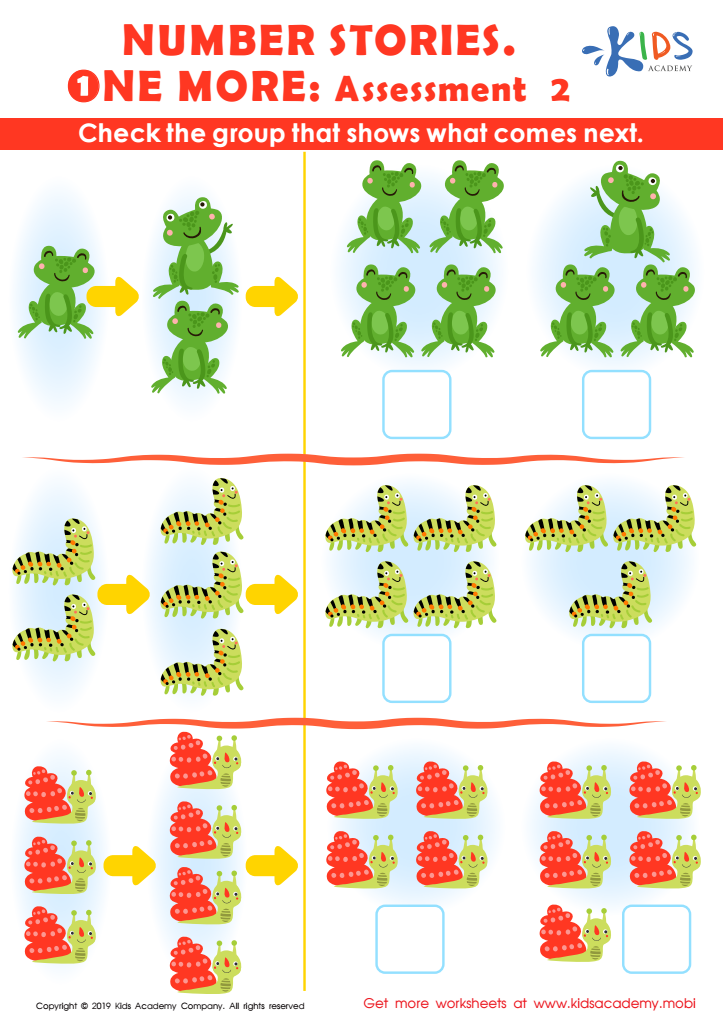

Number Stories One More – Assessment 2 Worksheet
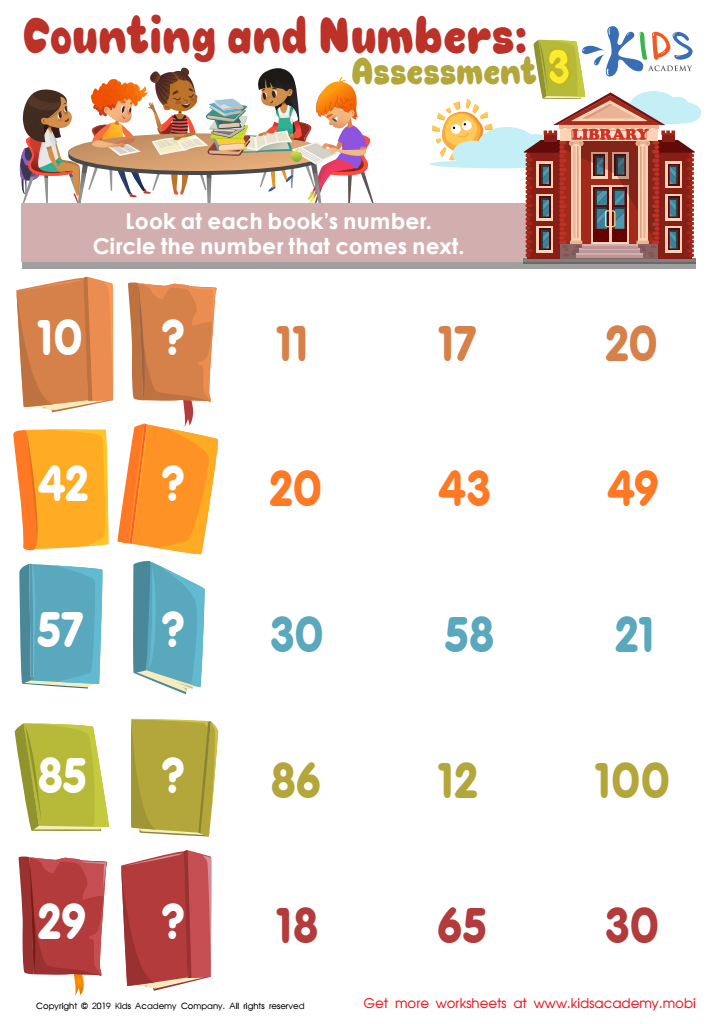

Counting and Numbers: Assessment Worksheet
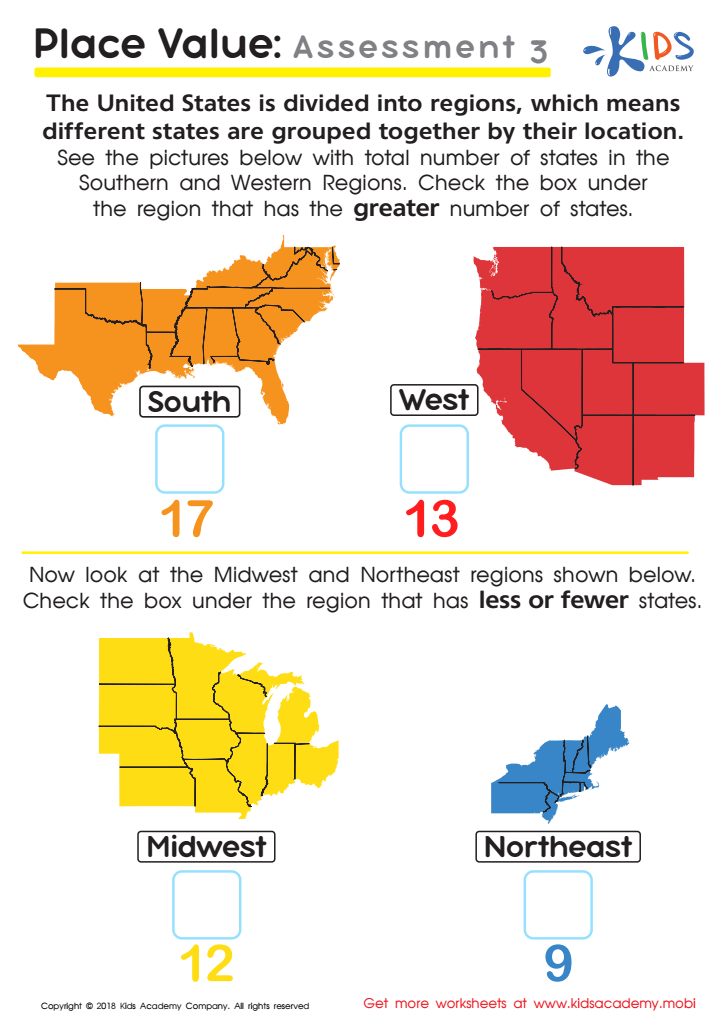

Place Value: Assessment 3 Worksheet


Word Problems: Assessment 2 Worksheet
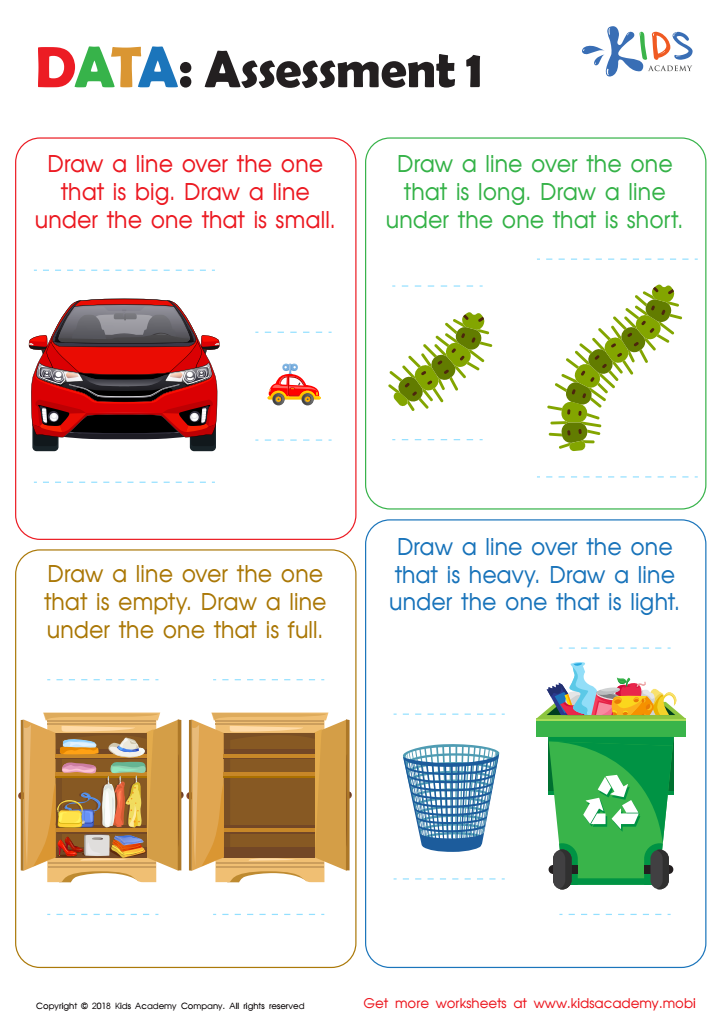

Data: Assessment 1 Worksheet
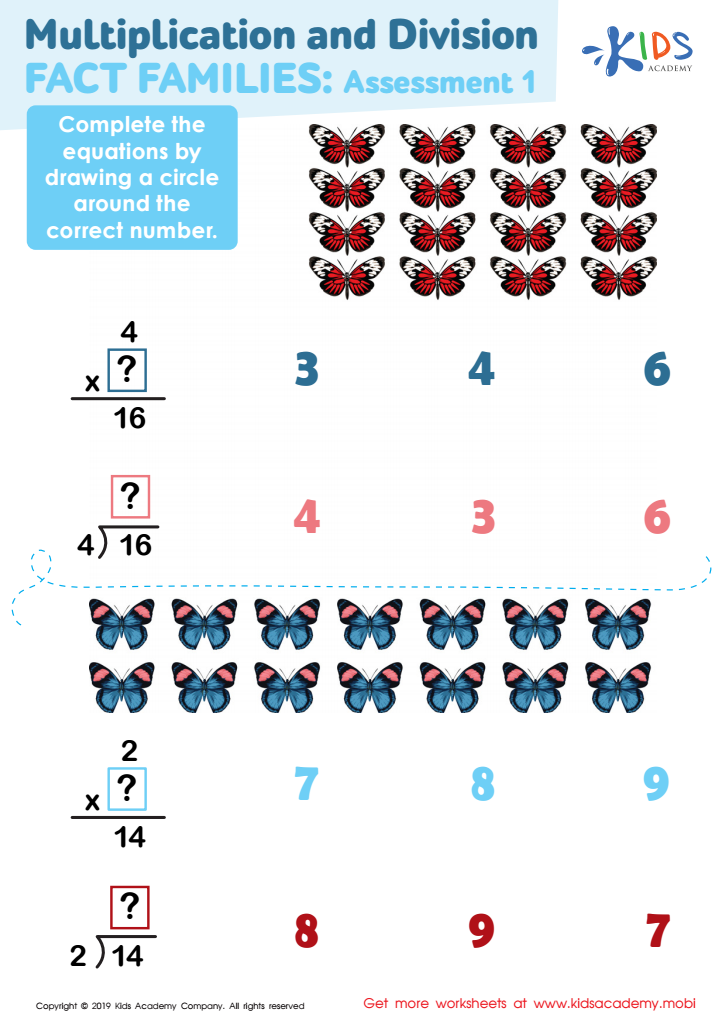

Multiplication and Division Fact Families Assessment 1 Worksheet
Parents and teachers should prioritize normal math activities with answers for children aged 6-9 for several compelling reasons. Firstly, this age group is a pivotal time for developing foundational math skills. Engaging in structured math activities reinforces critical concepts like addition, subtraction, and basic multiplication, ensuring children grasp these essential skills early on.
Furthermore, normal math activities foster a love for learning. When math is presented in a fun, approachable format, it helps alleviate anxiety and builds confidence. Offering answers not only allows for immediate feedback but also encourages independent problem-solving. This practice enables learners to recognize their mistakes and understand the correct solutions, ultimately promoting a growth mindset.
Additionally, these activities can strengthen parent-child or teacher-student bonds through collaborative learning experiences. Working together on math problems can spark meaningful discussions about strategies and solutions, enriching the educational experience.
Finally, regular practice through activities provides a strong foundation for future learning. By investing time in these early math skills, parents and teachers lay the groundwork for more advanced concepts in later grades. The emphasis on understanding and application ensures that children are well-prepared for the academic challenges ahead.
 Assign to My Students
Assign to My Students
















